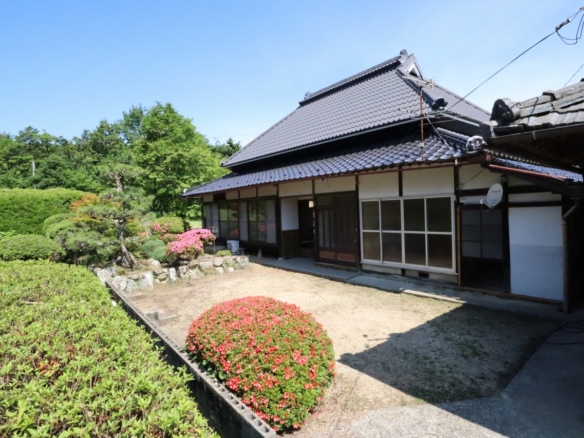This time we asked questions to Ayano Ishikura-san. She is a licensed real estate broker (宅地建物取引士 “Takken-shi”). There’s technical and practical information here that we believe will help you save money on your next move.
How can I reduce apartment costs?
The monthly rent is usually the hardest thing to negotiate; the biggest room for savings is in the initial costs. You can choose the fire insurance company (火災保険 “kasai hoken”) and opt for a cheaper annual plan. Some landlords offer promotions (キャンペーン “kyanpēn”); for example, starting the contract in the middle of the month and not charging the remaining days until the end of the month. In some cases, the item that’s negotiated is the key money (礼金 “reikin”), but it isn’t a fixed discount: any reduction depends on how long you plan to stay, market conditions, and your negotiation with the owner.
What other monthly expenses should I consider besides rent?
In addition to rent, check whether building management fees (管理費 “kanrihi”) are charged separately. Some buildings offer 24-hour emergency support (24時間安心サポート “24-jikan anshin sapōto”); this may appear as a monthly charge or as a one-time payment covering two years, depending on the contract. When you pay the monthly rent by bank transfer, the bank or processor charges a fee for automatic debit (口座振替 “kōza furikae”).
In rural or semi-rural areas there may also be a neighborhood association fee (自治会 “jichikai”) for cleaning and community activities. If you have a vehicle, factor in parking: many buildings charge per car and sometimes for motorcycles; this is optional and only contracted if you need it.
Is it possible to get back the deposit I paid at the start?
The security deposit (敷金 “shikikin”) is settled when you vacate the unit according to the principle of restoration to original condition (原状回復 “genjō kaifuku”). Normal wear and tear from use and the passage of time is the landlord’s responsibility; damage or dirt beyond ordinary use is the tenant’s. To avoid misunderstandings, it’s a good idea to take photos or videos when you move in and report any defects to management immediately.
How do I tell if an apartment uses city gas (都市ガス “toshi gasu”) or LP gas (LPガス “LP gasu”), and which is usually cheaper?
You can confirm it by checking the meter or the gas plate; if it’s LP, there is usually a room or cage with cylinders. If nothing is visible, ask the management company or your real estate agent. In central areas city gas is common, but not always; some buildings use LP to reduce installation costs. City gas is typically cheaper per unit, although the final bill depends on your consumption, plan, and provider. With city gas you can sometimes choose the retailer depending on the building and its contract; with LP gas, the provider is normally fixed by the owner or management and cannot be changed.
Gas or IH: which is more convenient?
The choice usually depends on your habits and priorities. A gas stove (ガスコンロ “gasu konro”) offers direct flame control and instant response; an induction cooktop (IHコンロ “IH konro”) stands out for safety (no open flame) and thermal efficiency. For induction you need compatible pots and pans (IH対応 “IH taiō”). In terms of costs, the real difference depends on your usage pattern and on the building’s electricity and gas rates—there’s no universal winner. For everyday convenience, if you cook a lot on induction, check the contracted electrical capacity, the electrical panel, and the breaker (ブレーカー “burēkā”).




Join The Discussion